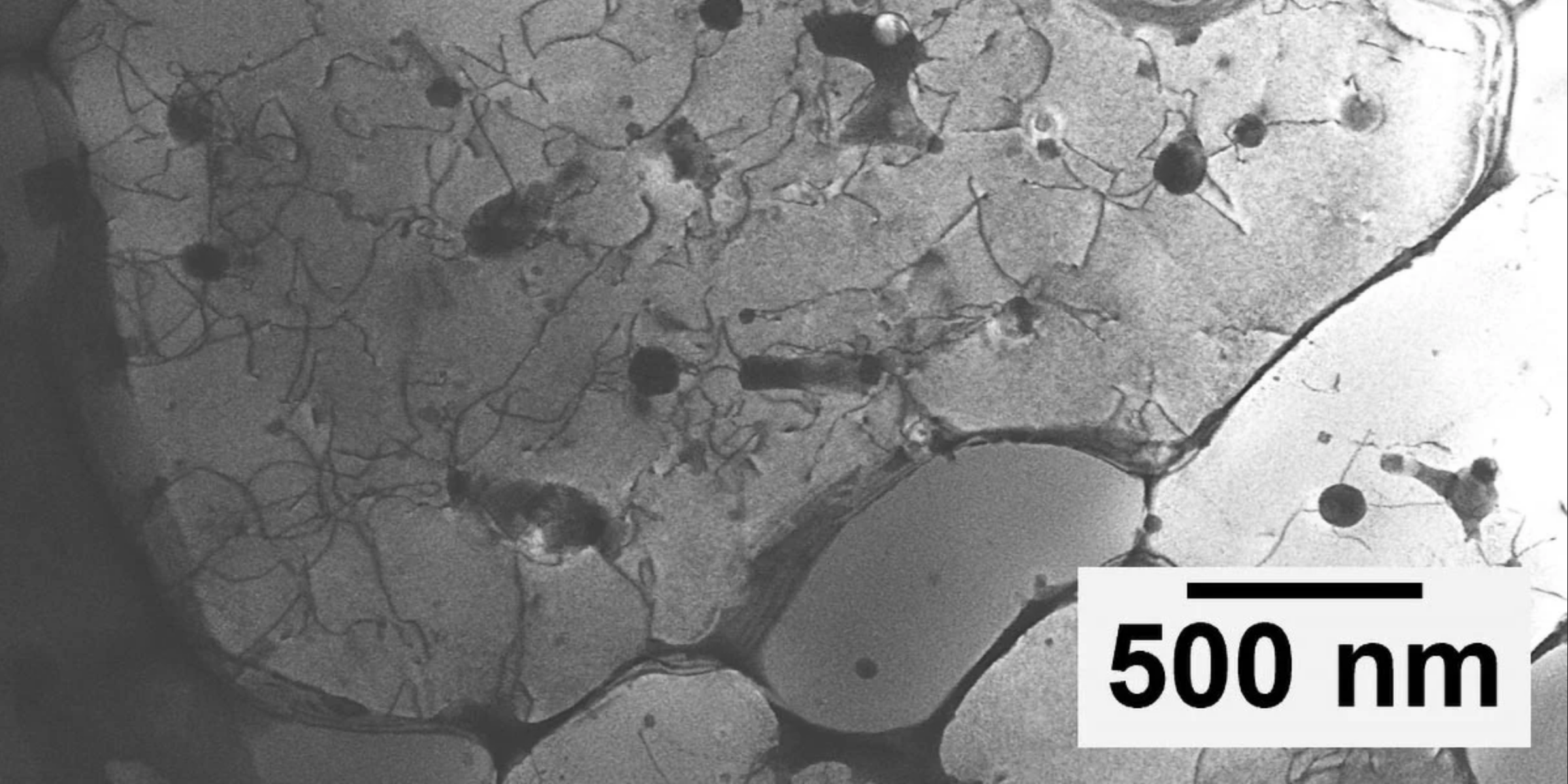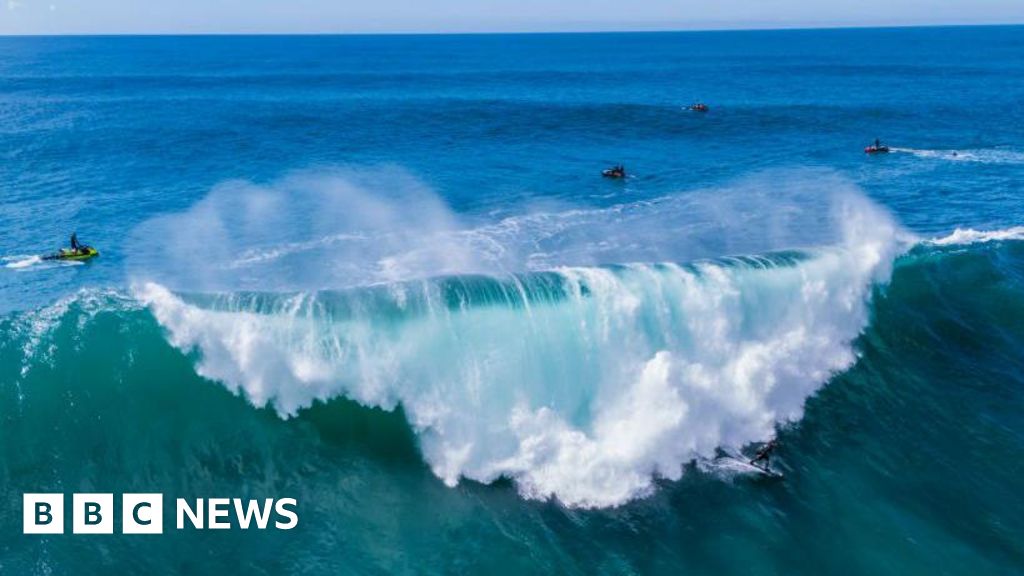Innovative Thermal Imaging Solutions Revolutionize Wildlife Protection in China and Beyond
YANTAI, China, April 17, 2025 /PRNewswire/ -- The increasing environmental pressures faced by wildlife across the globe, which stem from a variety of factors including the rapid disappearance of natural habitats, the dire impacts of climate change, and rampant illegal hunting practices, have underscored the urgent need for high-tech wildlife protection solutions. As forests dwindle and animal populations are pushed into smaller and more fragmented territories, these creatures are increasingly venturing into human settlements. This encroachment often leads to dangerous encounters between wildlife and humans, sparking conflicts that can result in injury to both parties and, in some cases, tragic outcomes for the animals involved.
In response to these challenges, conservationists are increasingly turning to advanced thermal imaging technology, specifically thermal cameras, as a critical tool for monitoring wildlife at night, deterring poachers, and ultimately fostering safer coexistence between humans and animals. These cameras operate by detecting heat signatures, allowing for continuous, non-invasive monitoring of animal movements regardless of the prevailing light conditions or weather.
24/7 Wildlife Guardians: How Thermal Imaging Enables Uninterrupted Nighttime Monitoring
One remarkable example of this technology in action can be found in Kenya's famed Maasai Mara Reserve. Here, the use of thermal imaging has been instrumental in combating poaching activities. The World Wildlife Fund (WWF) has deployed these high-tech cameras to effectively track animal movements and intercept illegal hunters. Since the implementation of this strategy in 2020, the region has witnessed a significant drop in rhino poaching incidents, alongside multiple arrests of poachers caught in the act. Similarly, in Florida, the critically endangered Florida panther population has seen a resurgence, climbing from fewer than 100 individuals to approximately 200. According to National Geographic, this positive trend can be attributed to the invaluable data gleaned from infrared wildlife cameras, which monitor the nocturnal habits of these elusive cats.
On the Frontlines Against Poaching: Thermal Technology's Role in Protecting Endangered Species
Raytron, a leading innovator in thermal camera technology, plays a pivotal role in wildlife monitoring and environmental protection. The company has developed advanced wildlife monitoring thermal imaging systems that have been put to effective use. In a notable instance in 2021, a herd of 15 Asian elephants migrating in Yunnan Province, China, found themselves approaching urban areas. To ensure their safety over a distance of 300 miles, Raytron deployed over 40 infrared cameras designed for poaching prevention. This initiative not only safeguarded the elephants but also protected human populations from potential conflicts.
In Gansu Province, Raytron's commitment to wildlife protection was demonstrated through the donation of infrared cameras that allowed for the swift detection of wild boar intruding on agricultural lands. The timely information provided by this technology enabled local authorities to proactively manage these incursions, exemplifying how thermal imaging can prevent conflict before it arises. As one Raytron engineer noted, Thermal imaging lets us act before conflict occurs.
Raytron's Commitment to Eco-Friendly Surveillance for Wildlife
Raytron has long upheld its corporate responsibility to promote the application of infrared thermal imagers in wildlife conservation. This commitment not only helps bolster biodiversity but also supports the ecological balance necessary for thriving ecosystems. With a focus on creating incremental value for its customers through ongoing technological advancements, Raytron is dedicated to furthering its multi-dimensional sensing technology. The company is continuously innovating smart wildlife protection solutions that harness artificial intelligence, ultimately aiming to foster a safer coexistence between humans and wildlife.
For Further Information:
If you would like to explore customized thermal imaging solutions for wildlife protection, please contact us.
Raytron Marketing Department Malik Johnson
Email: info@raytrontek.com
Website:





























